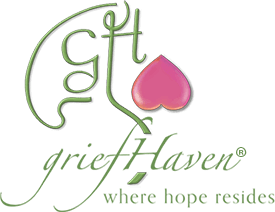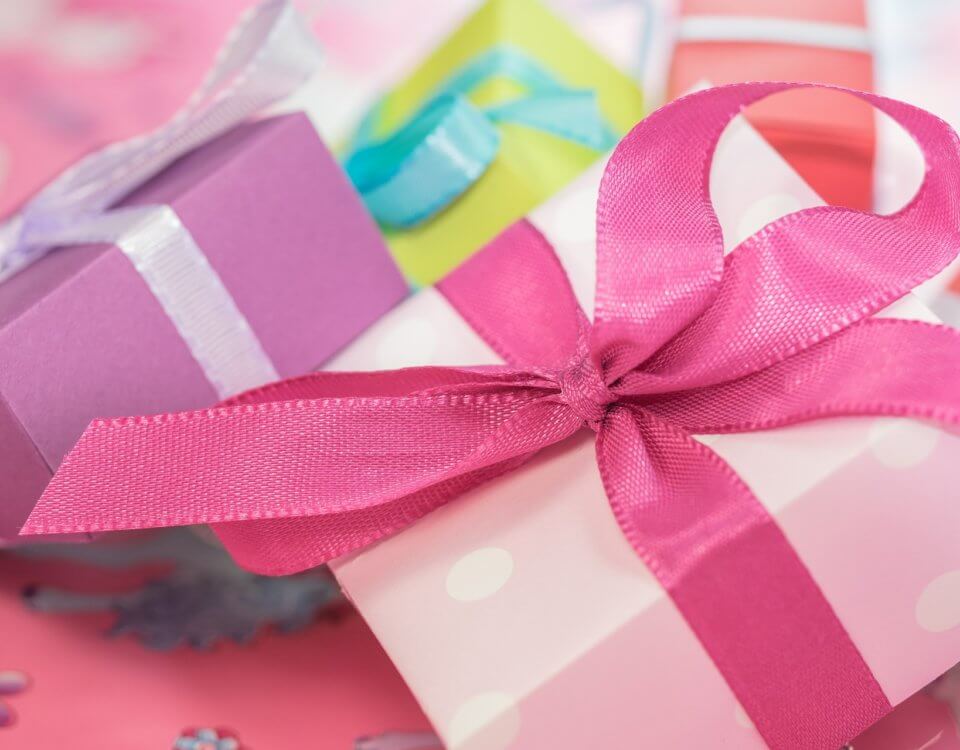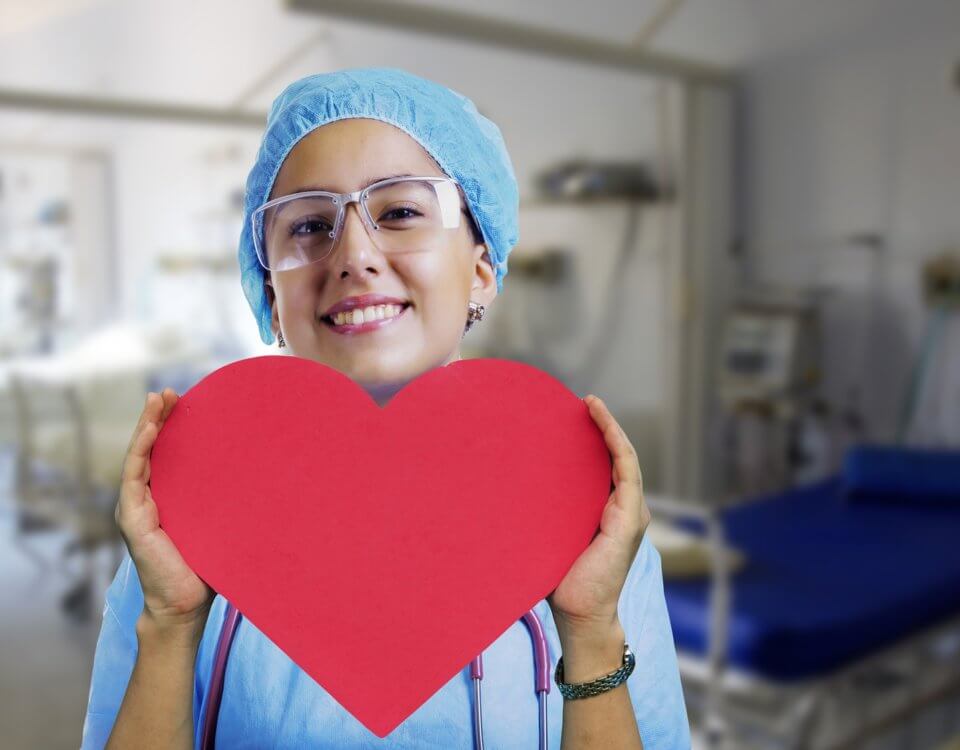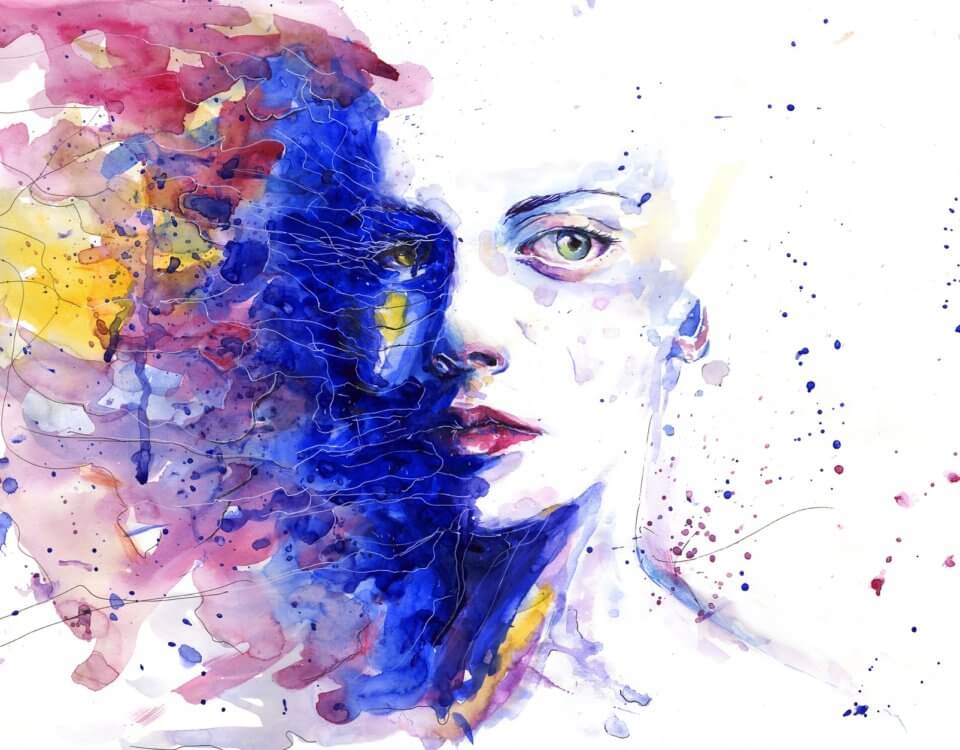July 28, 2020
I became a mother when Riley was born. I became a poet when he died. His death and writing poetry are intertwined like the malformed vessels of his AVM and his brain—rooted, inseparable as a banyan and its host tree. If Riley hadn’t died, I would not be writing poetry. I wouldn’t have survived the tsunami of his death without that lifeline. In the hospital, when we were given the news that Riley would not survive his third bleed, a nurse whispered in my ear. I don’t remember what she looked like, but I remember her ethereal embrace and the way she placed my hair behind my ear, and whispered, “You’ve been given a gift.”






